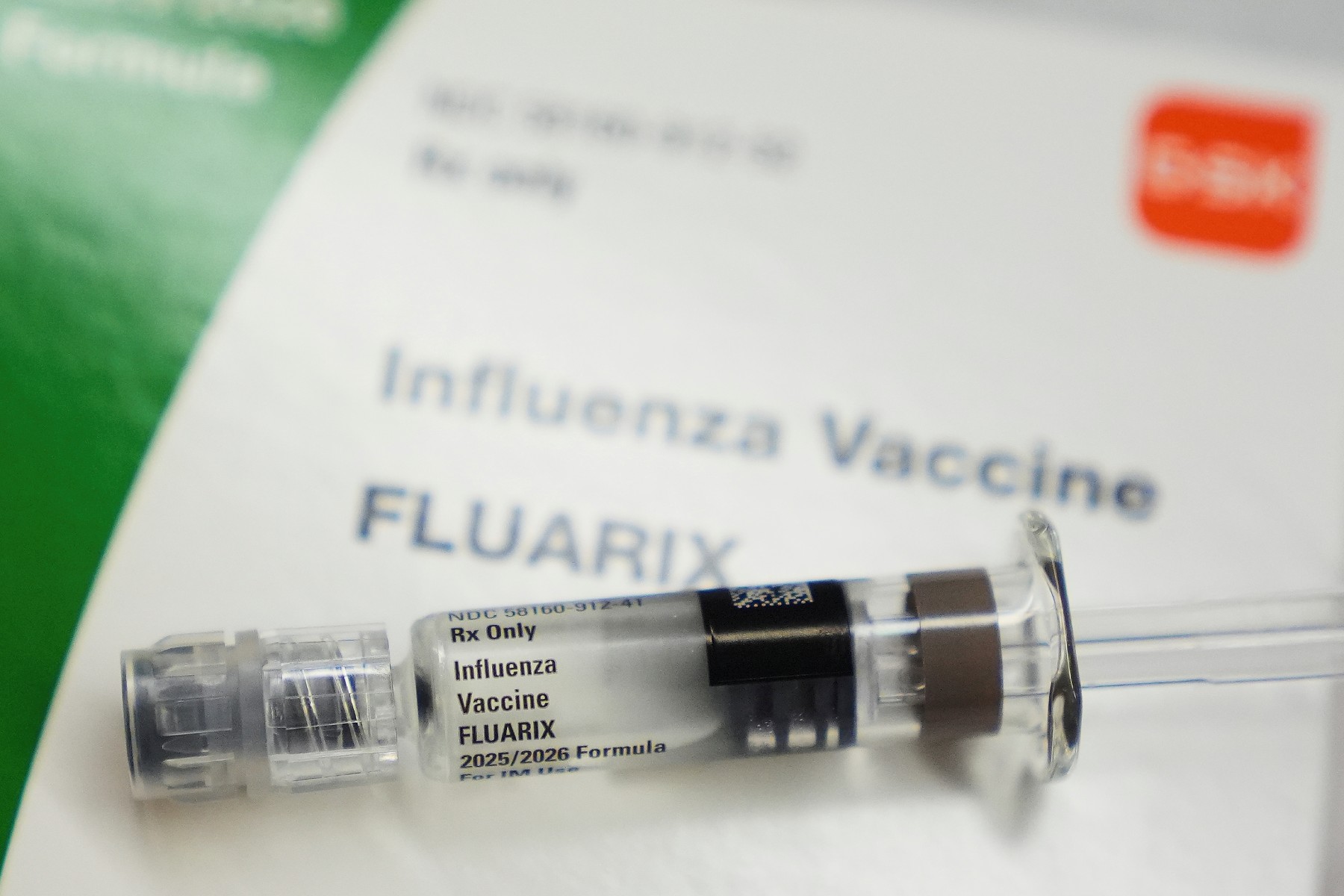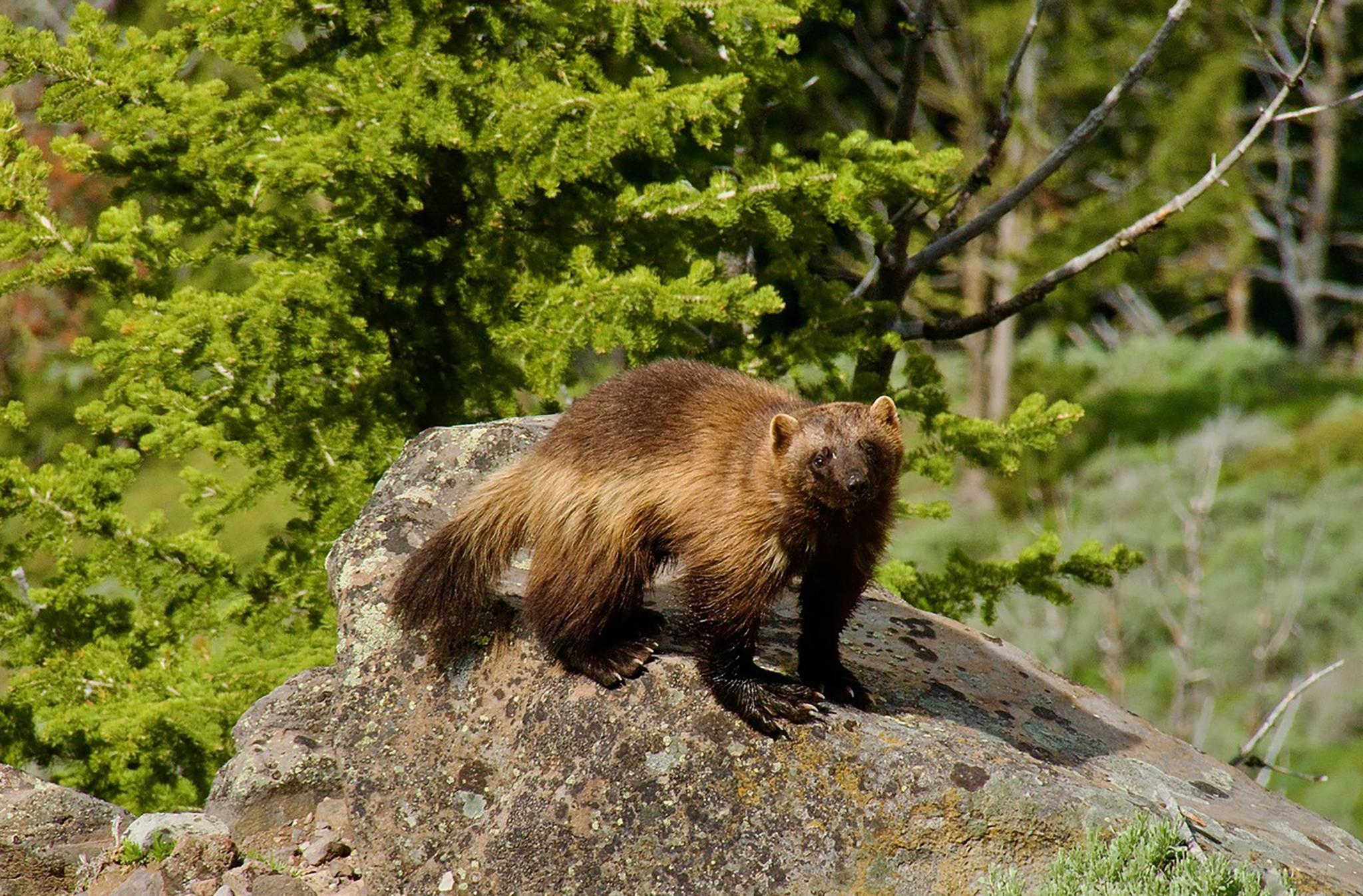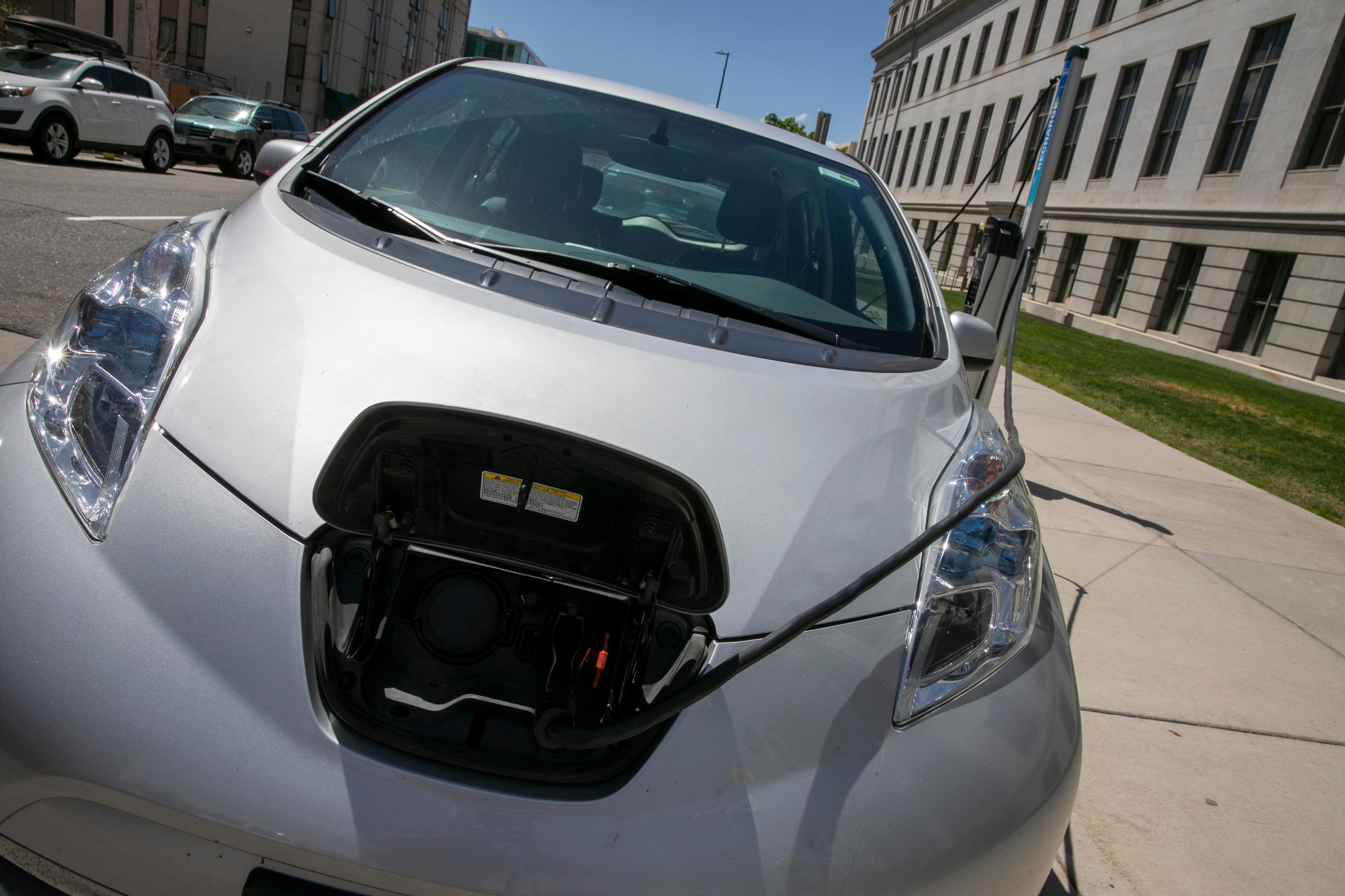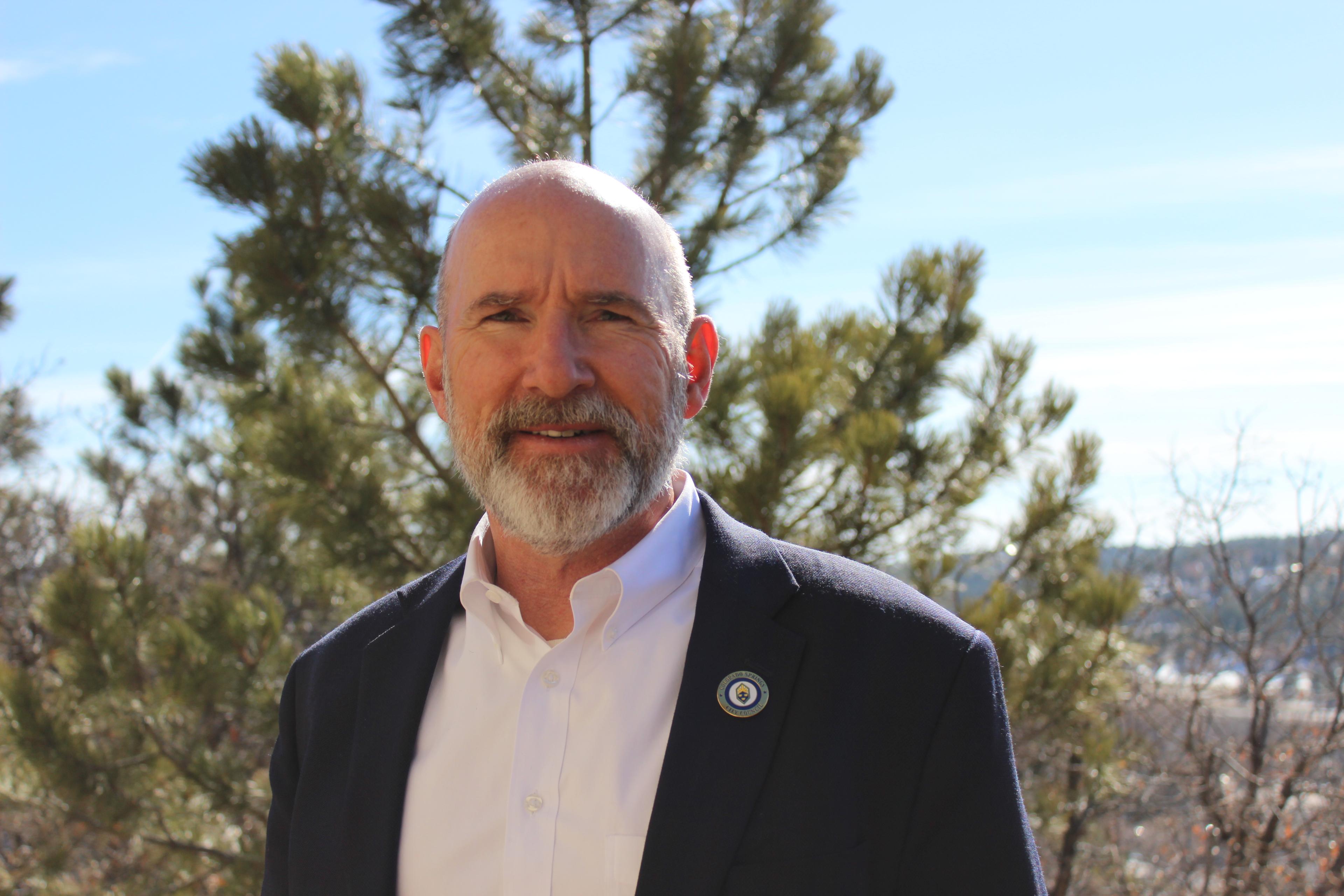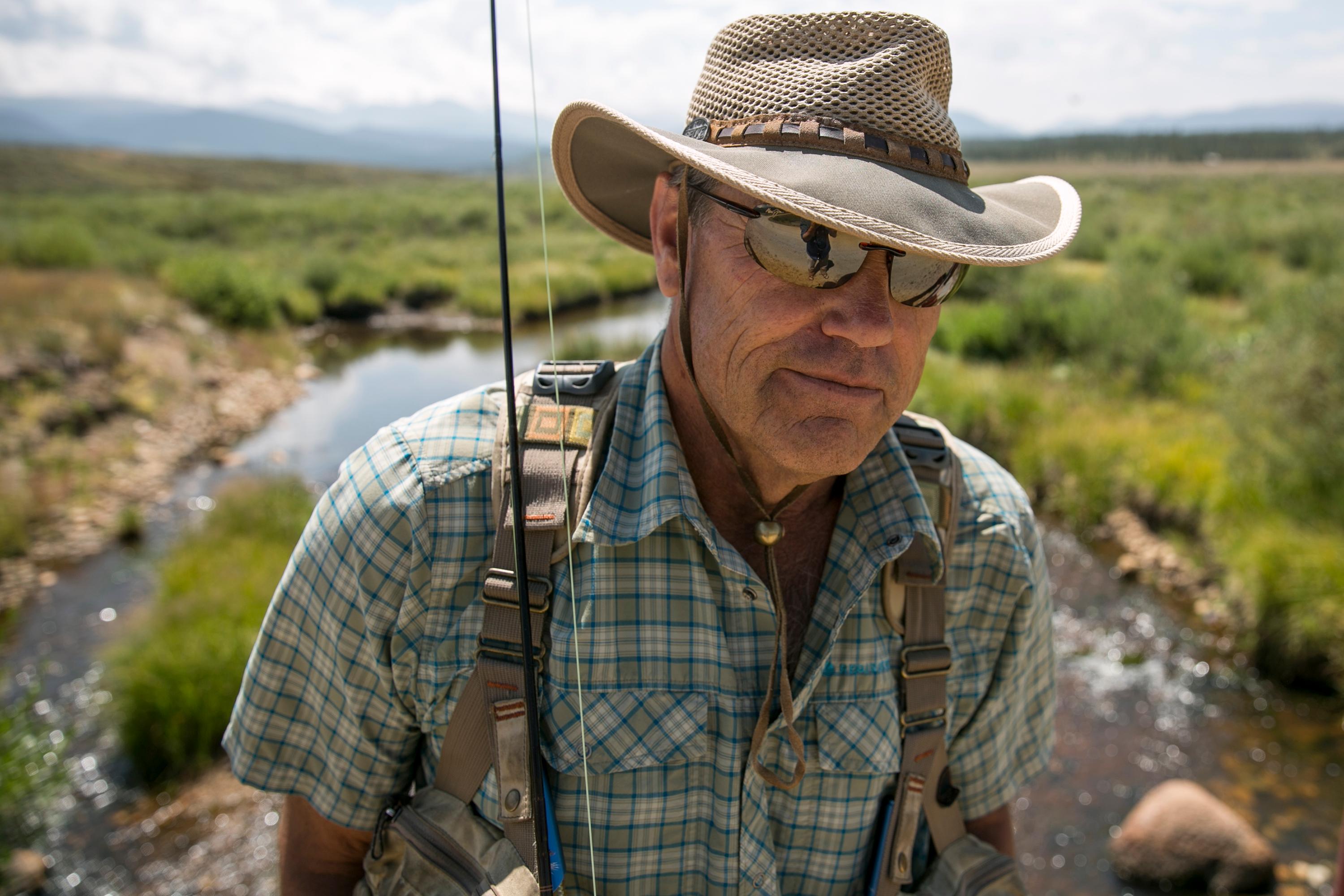

“Keeping our environment healthy has to be one of the most important issues on the minds of our politicians,” said Klancke, who loves to fish in Ranch Creek nearby his home outside Tabernash. The stream feeds the Fraser and then the Colorado River, which is at the crux of many water debates in the West.
Klancke heads up a local chapter of Trout Unlimited in Grand County. Because water issues are so important, Klancke says he may break with his party to support Democratic candidate Jared Polis for governor.
“I’m a big fan,” he said.
Klancke’s unique because the environment hasn’t historically been a top priority for voters. In 2016, just two percent of national voters volunteered anything related to the environment as a main priority. But that may be shifting in 2018 as some voters worry about the Trump administration’s policies on mining, drilling and public lands.
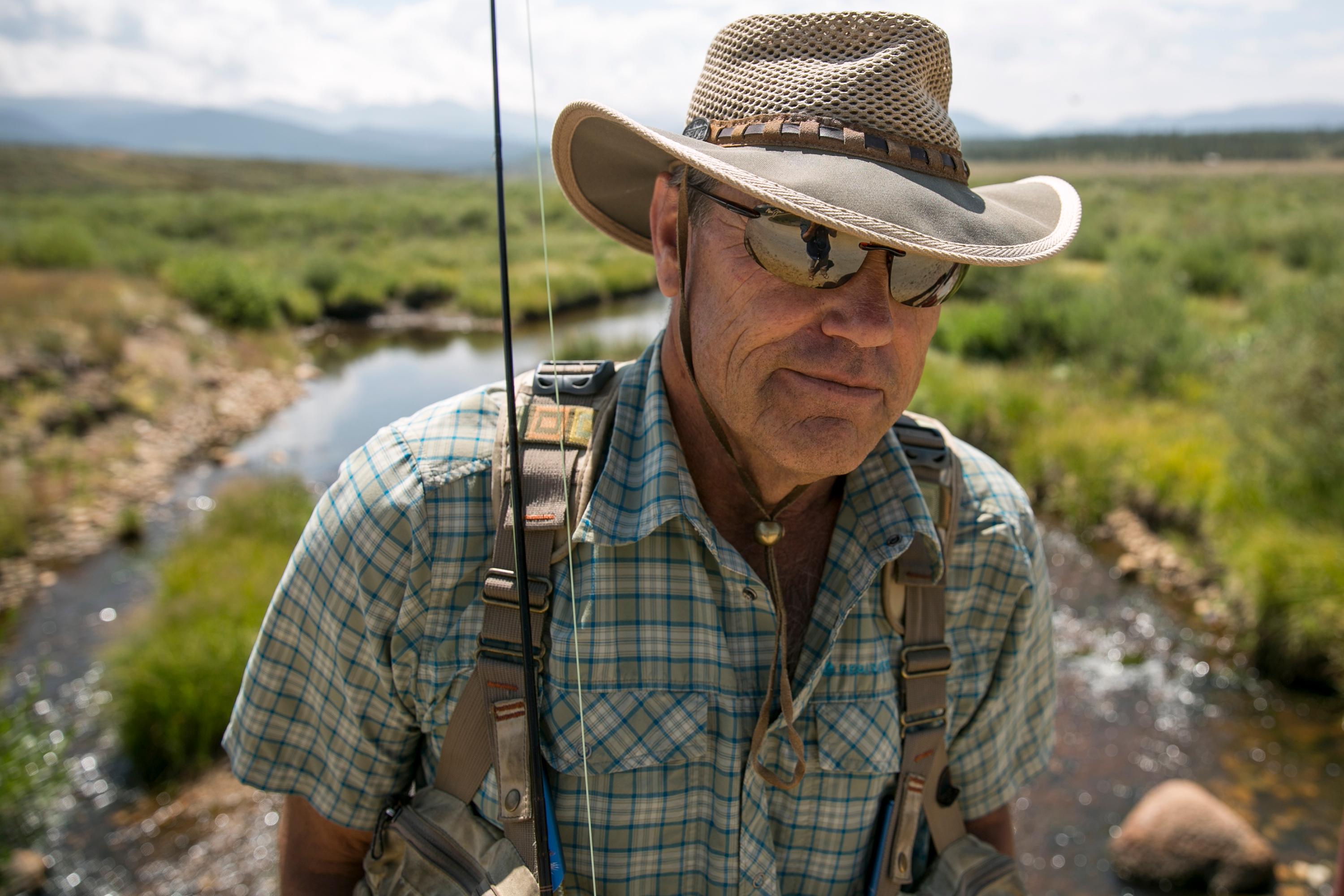
“I think, personally, that the environment is the drive engine for this state. Our tourism base, all that money comes because the health of our environment," he said while while casting a dry fly for trout in a tributary of the Fraser River. “I would like to see people get elected just on the grounds that they will be backing environmental work.”
In Colorado, the bipartisan annual Conservation in the West Survey shows a 10 percent jump to 75 percent of Republicans, Democrats and Independents who identify with the term conservationist.
“Generally we have seen that how people identify themselves doesn’t tend change over the time,” said Lori Weigel, a partner with Public Opinion Strategies. “So it’s really been somewhat remarkable that we’ve seen a significant double digit shift.”

You see that change in voters like Cindy Wright, a Moffat County resident who recently co-founded the nonprofit Wild Horse Warriors.
Standing on BLM land near the Utah border, Wright explained that public lands are integral to recreation. They’re also important spaces for wild horses to roam.
The hot and dry temperatures--and Wright’s affection for the federally managed Sand Wash Basin--motivated her to start a nonprofit to protect the animals.
“If we were treating our own wildlife or our own livestock at home to some extent the way our government treats our wild horses, the humane society would be on our cases,” added Wright.
Wright voted for President Donald Trump in 2016 because health care was a primary political issue for her. But the real undecided question for environmental groups is how to harness the frustration of Wright and others into action at the polls.

Wright says she takes elections issue-by-issue. "I don’t vote Republican, Democrat, independent party lines. I vote on the policies being presented during the time of elections, and which ones at that point are important to me."
Outdoor groups like Backcountry Hunters & Anglers are jumping into the political fray. They’ve released questionnaires to inform voters on candidate’s environmental positions, including Colorado’s gubernatorial candidates. Because in some of today’s increasingly close political races they say a conservation vote can make a difference. The Outdoor Industry Association launched a Vote the Outdoors effort earlier this year that includes scorecards.
Getting out the vote also means pro-environment rallies. That was the goal when about 1,400 residents gathered in downtown Steamboat Springs in August to speak out against efforts to shrink Bears Ears and Grand Staircase–Escalante National Monument.

Democratic State Rep. Dylan Roberts, Steamboat’s 1984 Winter Olympic gold medalist Deb Armstrong, Rout County officials, native American speakers, and others, took turns at the podium.
Longtime Steamboat resident Sunny Duckels came to protest the increased amount of drilling.
“I really want us to put our government behind looking for alternative methods for energy,” she said holding a handmade protest sign.
Duckels added that in Steamboat Springs and other Western Slope towns, the environment is the economy. This summer’s drought hurt local fishing and tubing businesses. And climate change could hurt the nearby ski economy.

“I really believe that it’s not a Republican or Democrat issue in our community,” she said.

